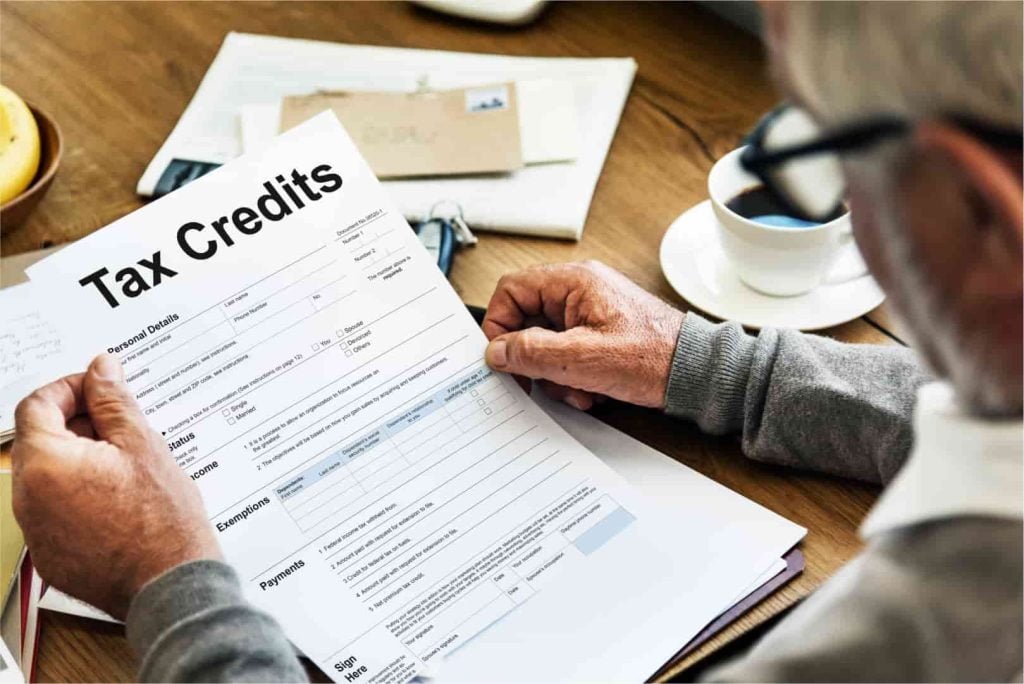Introduction
Filing your tax return in Germany doesn’t have to be a daunting task. With the right knowledge and guidance, you can navigate the process smoothly and ensure compliance with the German tax system. In this article, we will provide you with a step-by-step guide on how to prepare your tax return in Germany.
From gathering the necessary documents to understanding the various deductions and credits available, we will cover everything you need to know to maximize your refund or minimize your tax liability. Whether you are an expatriate living in Germany or a local citizen, our comprehensive guide will help you navigate the complexities of the German tax system.
We will also discuss common mistakes to avoid and provide tips on how to optimize your tax return for the best possible outcome. By following our expert advice, you can ensure that you meet all the requirements and deadlines set by the German tax authorities.
Don’t let the tax season stress you out. Get ready to tackle your tax return with confidence and ease, and ensure that you’re making the most of your financial situation in Germany.
Understanding The German Tax System
Germany has a progressive income tax system, which means that the tax rates increase as your income rises. It is important to understand the different tax brackets and rates applicable to your income level. Additionally, Germany offers various deductions and credits that can help reduce your taxable income.
Who Needs To File A Tax Return In Germany?
In Germany, individuals are required to file a tax return if they meet certain criteria. Generally, if you are an employee and your gross annual income exceeds a certain threshold, you are obligated to file a tax return. However, there are exceptions to this rule, such as if you only have income from employment and it is subject to wage tax withholding.
Required Documents And Information For Filing A Tax Return
Before you start preparing your tax return, it is crucial to gather all the necessary documents and information. This includes your personal information, such as your name, address, and tax identification number, as well as documents related to your income, expenses, and deductions. Some common documents you may need include:
- Wage and salary statements (Lohnsteuerbescheinigung)
- Bank statements
- Rental income and expenses
- Investment income (such as dividends and interest)
- Medical expenses
- Education expenses
- Donations
Important Deadlines For Filing A Tax Return In Germany
The deadline for filing your tax return in Germany depends on various factors, such as your employment status and whether you are filing on your own or with the assistance of a tax professional. Generally, the deadline for submitting your tax return is May 31st of the following year. However, if you are using a tax consultant, the deadline can be extended until December 31st.
Steps To Prepare Your Tax Return
Preparing your tax return in Germany involves several steps. Here is a general overview of the process:
1. Gather all the necessary documents and information.
2. Organize and categorize your documents.
3. Calculate your income and deductible expenses.
4. Determine the eligible deductions and credits.
5. Fill out the tax return form (either electronically or on paper).
6. Double-check all the information and calculations.
7. Submit your tax return to the relevant tax authority.
Common Deductions And Credits In The German Tax System
Germany offers various deductions and credits that can help reduce your taxable income and potentially increase your tax refund. Some common deductions include:
- Work-related expenses
- Childcare expenses
- Health insurance premiums
- Contributions to retirement plans
- Donations to charitable organizations
Additionally, there are tax credits available for specific situations, such as having children or being a single parent. These credits can directly reduce your tax liability.
Tips For Maximizing Your Tax Refund In Germany
To maximize your tax refund in Germany, consider the following tips:
1. Keep track of all your expenses and make sure to include eligible deductions.
2. Take advantage of tax credits that you may be eligible for.
3. Consider consulting a tax professional to ensure you are taking advantage of all available deductions and credits.
4. Stay informed about changes in tax laws and regulations that may affect your tax situation.
5. Double-check your tax return for accuracy and completeness before submission.
How To Submit Your Tax Return In Germany
In Germany, you have the option to submit your tax return electronically or on paper. Electronic submission is becoming increasingly popular due to its convenience and faster processing time. To submit your tax return electronically, you can use the ELSTER (ELektronische STeuerERklärung) system, which is the official online platform provided by the German tax authorities.
Hiring A Tax Professional Vs. Diy Tax Preparation
Deciding whether to hire a tax professional or prepare your tax return on your own depends on various factors, such as the complexity of your tax situation and your level of confidence in navigating the German tax system. While hiring a tax professional can provide peace of mind and ensure accuracy, it may come at an additional cost. On the other hand, preparing your tax return on your own can save money but may require more time and effort.
Conclusion
Preparing your tax return in Germany may seem overwhelming at first, but with the right guidance and knowledge, you can navigate the process with confidence. By understanding the German tax system, gathering the necessary documents, and following the appropriate steps, you can ensure compliance and potentially maximize your tax refund or minimize your tax liability. Whether you choose to hire a tax professional or prepare your tax return on your own, remember to stay informed about any changes in tax laws and regulations that may affect your tax situation. With careful planning and attention to detail, you can successfully navigate the complexities of the German tax system and make the most of your financial situation in Germany.

